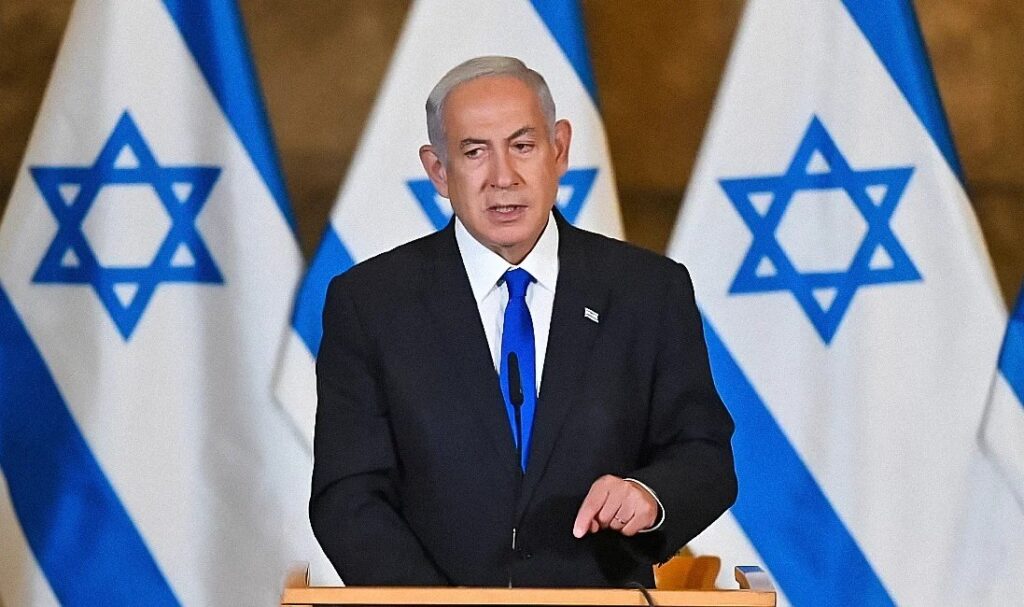In a significant and dangerous escalation of hostilities between Israel and Iran, both nations exchanged intense air strikes overnight, leading to a sharp increase in casualties and widespread damage. The attacks, marking one of the most severe military confrontations in recent years, have left many wondering if this is the beginning of a broader conflict in the Middle East.
Israel Strikes Iranian Infrastructure

The conflict began with Israel launching a large-scale air offensive, named “Operation Rising Lion,” targeting key Iranian military and nuclear infrastructure. Israel’s fighter jets, supported by drones, struck strategic sites, including the Natanz and Fordow nuclear facilities, as well as the Tehran Revolutionary Guard command headquarters. Air strikes also hit military radar and missile sites across Iran, with reports indicating that over 200 Israeli jets and drones participated in the operation.
Israeli officials have confirmed that their airstrike was a direct response to Iranian military provocations and the expansion of Iranian nuclear capabilities, which Tel Aviv has long deemed a threat to its national security. However, the scale of the strikes has raised alarms across the region, with the United Nations calling for restraint from both parties.
Iran’s Retaliation: Missiles and Drones
In retaliation, Iran launched a massive counter-offensive, deploying over 150 ballistic missiles aimed at various Israeli targets. These missiles struck several key cities in Israel, including Tel Aviv, Jerusalem, Ramat Gan, and Rishon LeZion. The barrage, which also included drones, resulted in significant damage to civilian infrastructure, with multiple residential buildings being destroyed.
Iran’s Revolutionary Guard has claimed that the missile strikes were a “just retaliation” for Israel’s actions and warned that further strikes would follow if Israel continues its military actions. The Iranian government also condemned Western countries, particularly the U.S. and U.K., for their support of Israel’s air campaign, urging them to stay out of the conflict.
Casualties and Destruction
Both Israel and Iran have reported civilian casualties as a result of the overnight strikes. In Israel, at least three civilians have been confirmed dead, with dozens more injured. The attacks caused widespread panic, as sirens sounded throughout major cities, and air-defense systems worked to intercept incoming missiles.
In Iran, over 70 people have been killed, including senior military officers. The Iranian authorities have reported that residential areas in Tehran, including parts of the Mehrabad Airport, were severely damaged, causing further distress among the population.
International Reactions
The international community has expressed deep concern over the escalation, with both the United States and the United Nations urging both nations to de-escalate the situation. The U.S. government, which has long been an ally of Israel, has provided support in the form of intelligence and missile defense systems. However, Washington has called for an immediate ceasefire and expressed its alarm at the rising civilian toll in both countries.
The European Union has also called for calm, with EU foreign ministers set to meet in the coming days to discuss potential diplomatic measures aimed at reducing tensions.
The Geopolitical Impact
This exchange of strikes has significant implications for the broader Middle Eastern geopolitical landscape. The fighting has exacerbated existing tensions between Israel and its regional rivals, particularly Iran, which has long been a key player in Middle Eastern politics. The conflict is expected to further destabilize the region, with other countries potentially being drawn into the fray.
The U.S., in particular, faces a delicate balancing act in its relationships with both Israel and Iran. The U.S. military has already bolstered its presence in the region, but Washington is now grappling with how to manage an increasingly volatile situation without provoking further escalation.
The Path Ahead: Will the Violence End?
The night of air strikes may only be the beginning of a longer and more dangerous conflict between Israel and Iran. Both countries have made it clear that they are prepared for further escalation if necessary. However, with the international community calling for restraint, the hope remains that diplomatic efforts will be prioritized to avoid a larger, more devastating war.
As the situation continues to develop, the eyes of the world are watching to see whether diplomacy can prevail or if this conflict will spiral out of control, further destabilizing an already volatile region.